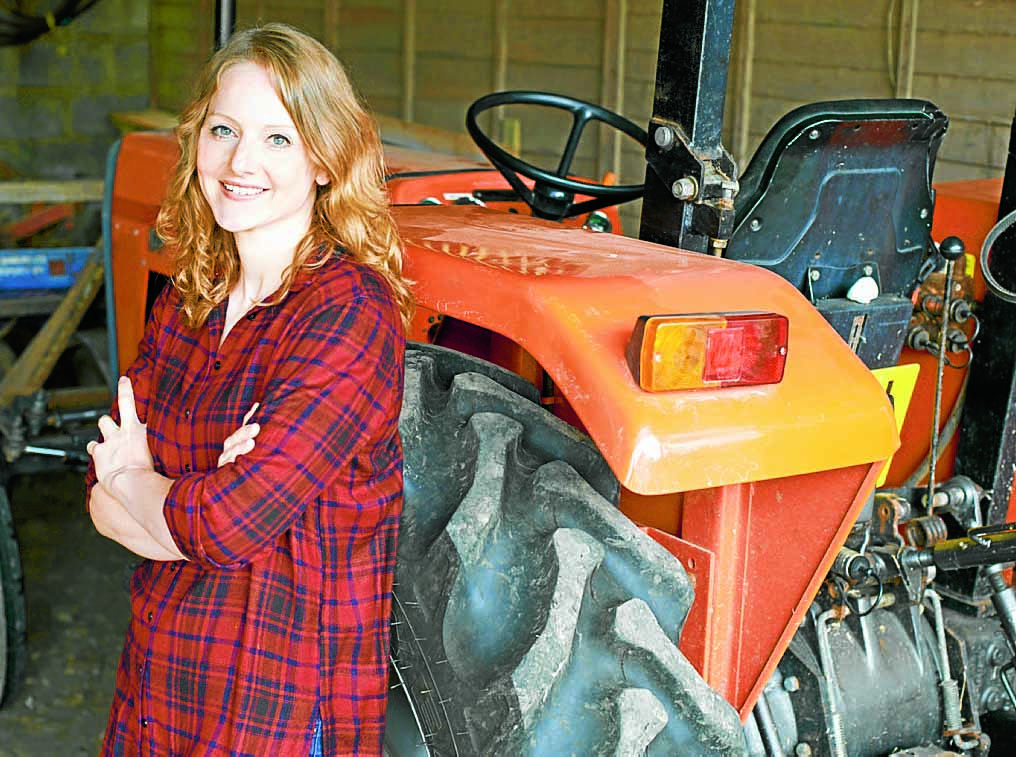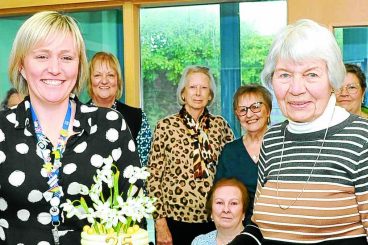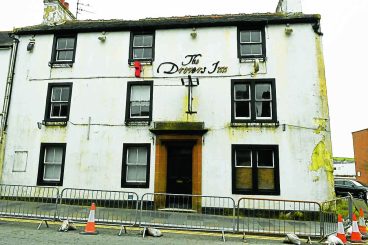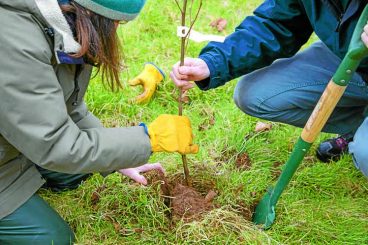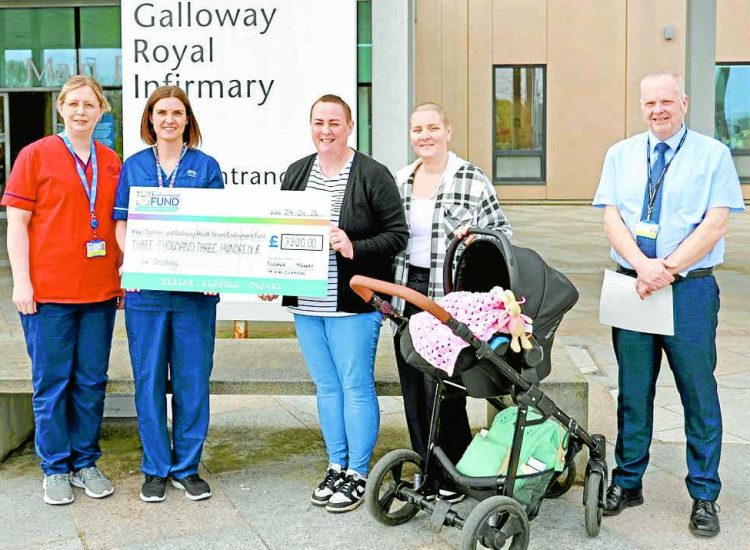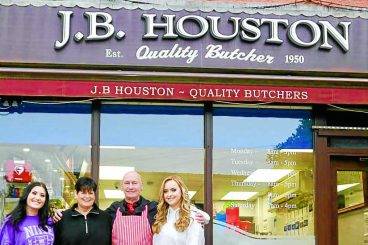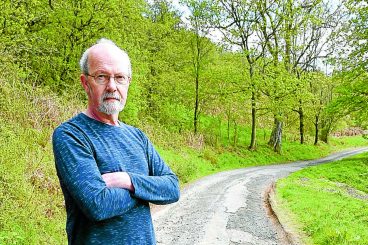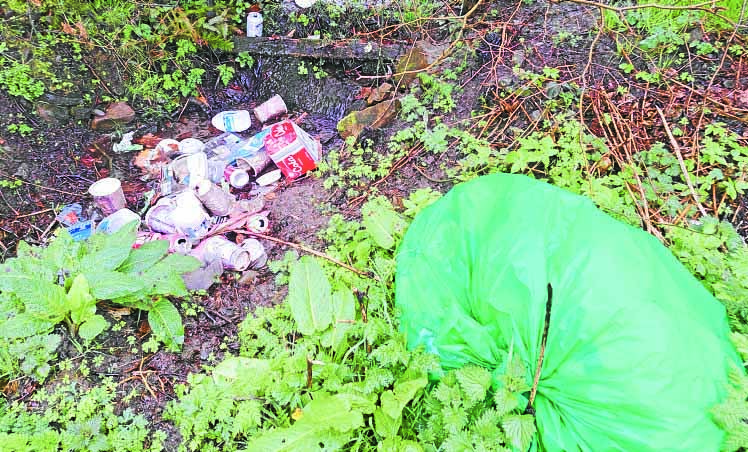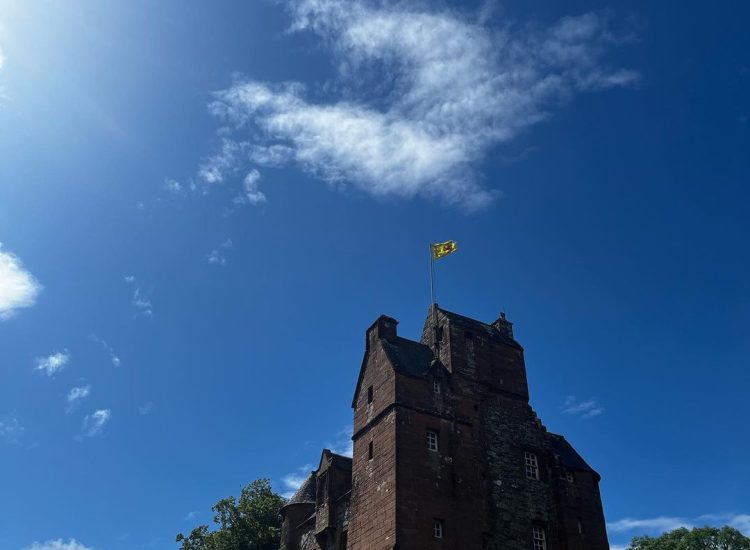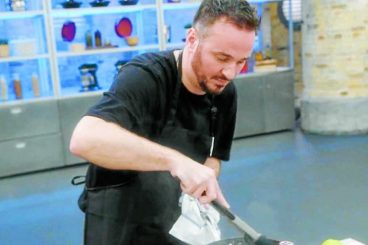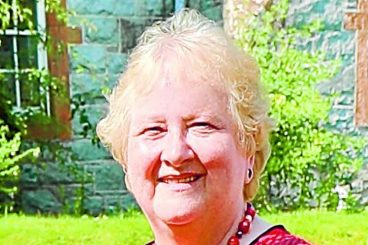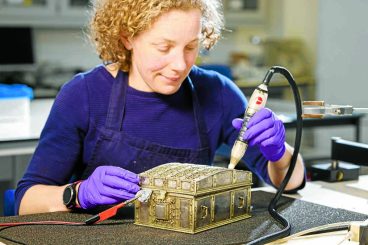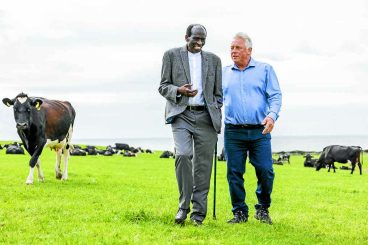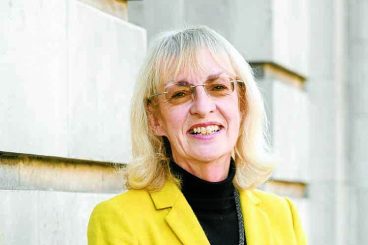Conversations are being held each month online on topics such as farming, land use and climate change.
The aim is to create opportunities for collaboration and sharing ideas, to identify work that can be done on a local level, what needs to be done at Scottish policy level, and what the key messages would be to world leaders at November’s UN Climate Conference in Glasgow.
The project is called the Fork to Farm Dialogues, and is part of a global network of similar work, from Mexico to Indonesia, South Africa to Belgium. In this region it is being hosted by the Galloway and Southern Ayrshire Biosphere, and facilitated by Propagate.
A spokesman explained: “With COP26 on the horizon, the motivation for the dialogues is to create a space where farmer’s voices can be heard. Often policy is made about land use, climate and farming, without appropriately including or involving farmers. This project addresses that gap.
“We know that the global food system is responsible for about a third of greenhouse gas emissions. This figure includes production, processing, transport, packaging and waste. We also know that red meat and dairy is often cited as being a major contributor to greenhouse gas emissions. However, as a beef, lamb and dairy farming community, we also know that there are valuable contributions to be made to carbon sequestration through livestock production.”
Four sessions have been held involving 20 farmers from a mixture of traditional dairy, beef and sheep farming, smallholding and market gardening backgrounds.
Meanwhile, the council officials come from planning, environment, economy and sustainability.
Hot topics that have arisen so far include short and local supply chains, forestry and woodlands, health and inequality.
Possible solutions for action and change have been explored, including how to get more locally produced food direct to customers and into schools.
In addition, ideas are being formed around producer cooperatives that can put forward collective bids for local sourcing tenders. A big gap identified was the lack of free range chicken production in Scotland, with the nearest processing facility in Birmingham.
The lack of agri-environment schemes in Scotland has also been flagged up, with calls for grants towards maintaining land for biodiversity, or planting native broadleaf woodlands.
More farmers from the region are being invited to join the dialogue and future plans include study visits to farms that are incorporating innovative practice and climate mitigation measures.
The group will start thinking about key messages for COP26 and an exhibition and presentation space is being planned for Glasgow in November to share the messages and farmers’ stories.
n To get involved, contact [email protected] or call 07340 531506





